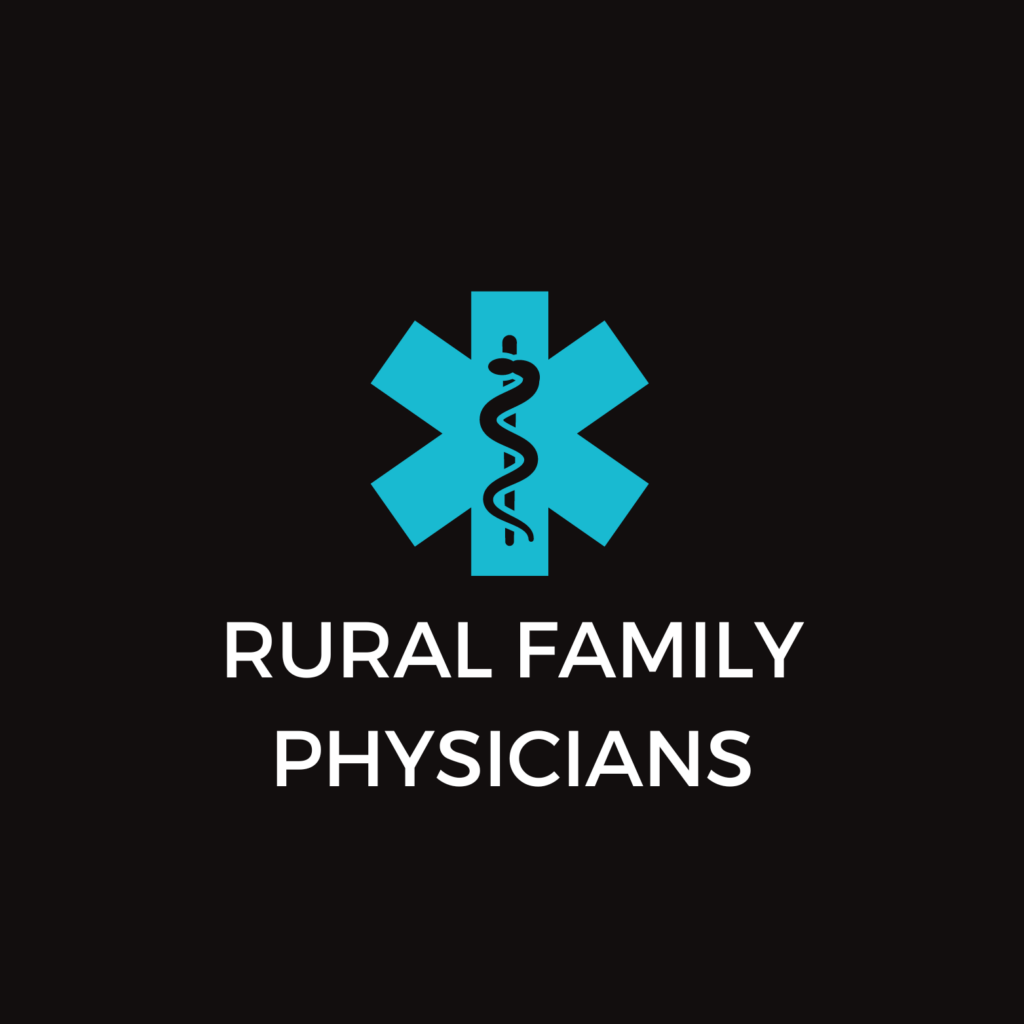Once certified by the Centers for Medicare and Medicaid Services (CMS), RHCs receive enhanced (cost- based) Medicare and Medicaid reimbursement for the services they provide. Even though the greatest financial benefit to RHCs is the enhanced reimbursement, RHCs provide healthcare services to the privately insured as well as the uninsured and underinsured. RHCs can be certified under one of two designations:
1) provider-based, meaning they are affiliated with a hospital or other healthcare entity; or
2) independent/freestanding, which means the RHC is privately owned and operated.
While there are many healthcare entities that make up the healthcare safety net in Colorado, RHCs differ from Federally Qualified Health Centers (FQHCs), also known as Community Health Centers, in a variety of ways. The main similarity between these two healthcare delivery systems is that they are both federally designated programs. There are differences, however, in regards to how the federal government administers these programs. Notably, RHCs provide care in non-urbanized areas, which have been designated as Health Professional Shortage Areas (HPSA) or Medically Underserved Areas (MUA), while FQHCs provide care in both urban and rural areas that have been designated as MUAs or Medically Underserved Populations (MUP). This sheet summarizes the major differences between RHCs and FQHCs.



